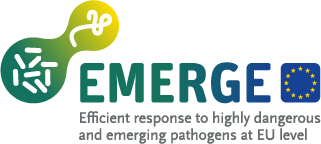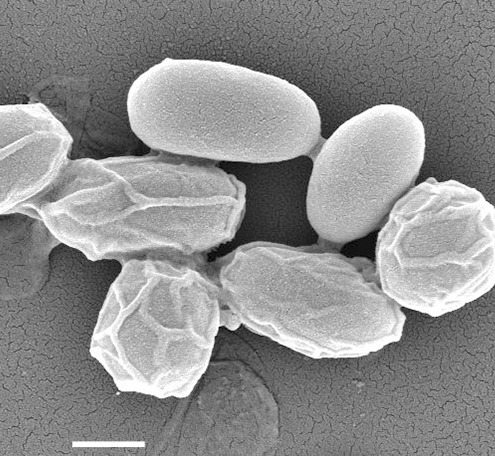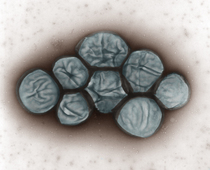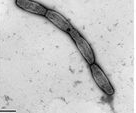Publications
Exercise Salutem Public Report
To simulate the activation of the EMERGE network and to train the transition from Inter-Epidemic Mode (IEM) to Outbreak Response Mode (ORM), an exercise, based on a specific transition plan, has been carried out. Please, find here the report outlining the procedure and outcomes of the ORM simulation exercise 'Salutem':
Date of issue March 8, 2019PDF (915 KB, File does not meet accessibility standards.)
LASSA Fever

A brief instruction for handling and transport of samples from suspected cases and exposed contacts, including referral for diagnostic confirmation (EMERGE Network, Work Package 5)
Date of issue October 19, 2016PDF (165 KB, File does not meet accessibility standards.)
QUANDHIP – publications and presentations
As an outcome, the following publications and presentations have been generated within the framework of the Joint Action QUANDHIP (Quality Assurance Exercises and Networking on the Detection of Highly Infectious Pathogens).
Date of issue July 8, 2016PDF (103 KB, File does not meet accessibility standards.)
EU support for key public health initiatives 2008-2011 – Joint Actions
The Joint Action was designed to consolidate the outcome of two separate earlier EU-funded projects on bacteria and on viruses. The established networks are linking 39 research and diagnostic laboratories in 23 European countries, to develop an integrated European laboratory structure for these highly pathogenic agents. In close cooperation, the activities of the QUANDHIP partners helped to reduce risk and mitigate the consequences of any such outbreaks or cross-border events by managing and coordinating laboratory diagnostic capacities.
Date of issue May 30, 2013PDF (13 MB, File does not meet accessibility standards.)
QUANDHIP brochure

The Joint Action (JA) aimed to link and consolidate two existing networks on highly infectious bacteria and viruses emerged from the EU funded projects EQADeBa
Detection of Highly Pathogenic Bacteria of Potential Bioterrorism Risk / ENHPB, coordinated by the Robert Koch-Institut (RKI), Germany, and the Euronet P4 Network (ENP4 Lab) coordinated by National Institute for Infectious Diseases (INMI), Italy.
Date of issue December 1, 2012PDF (184 KB, File does not meet accessibility standards.)
QUANDHIP Poster
Contribution to a better future for health in Europe through QUANDHIP: Quality Assurance Exercises and Networking on the Detection of Highly Infectious Pathogens.
Date of issue December 1, 2012PDF (353 KB, File does not meet accessibility standards.)





